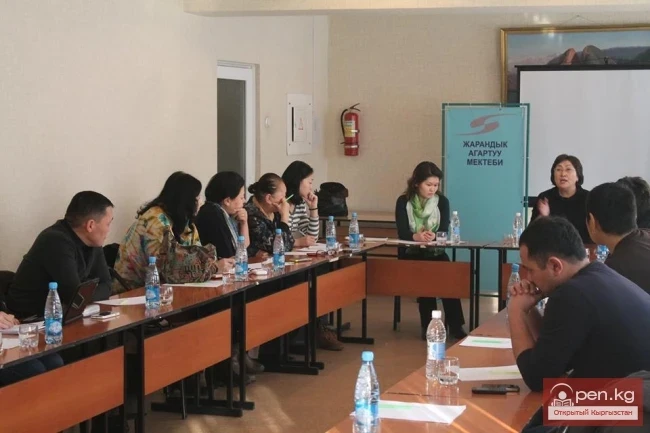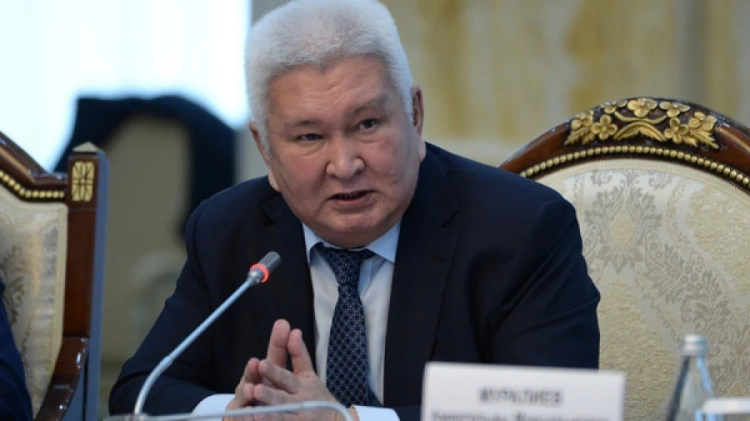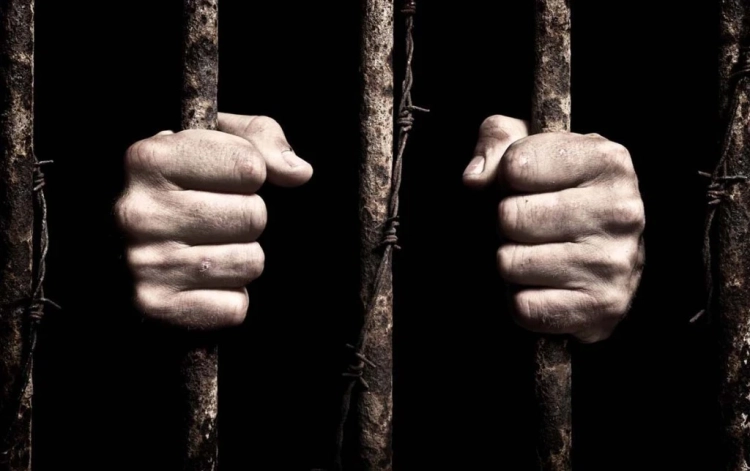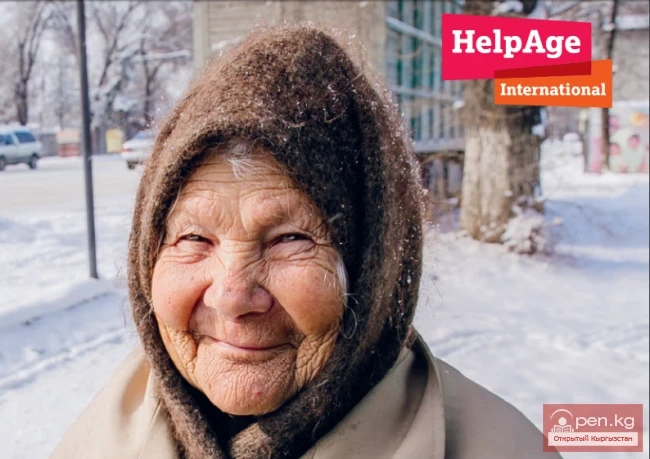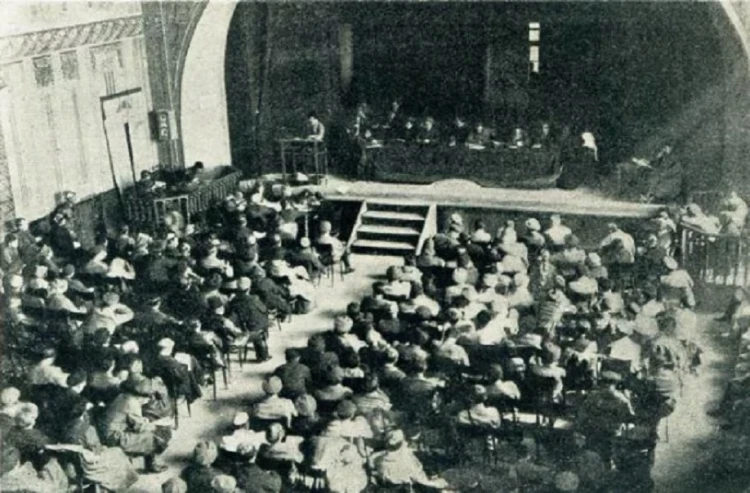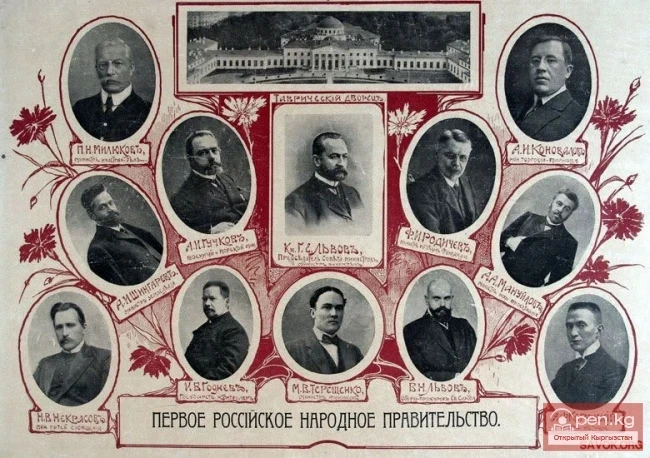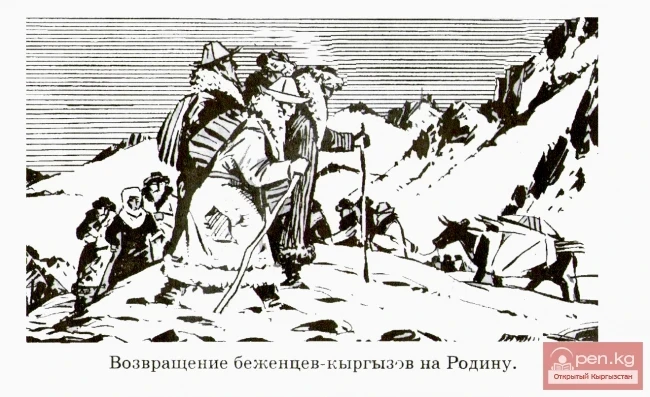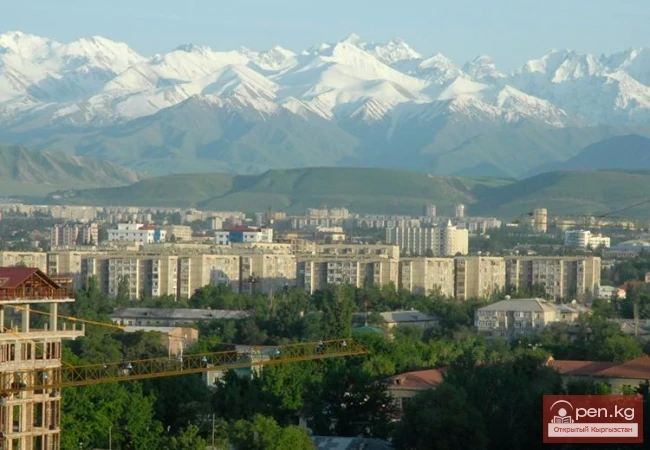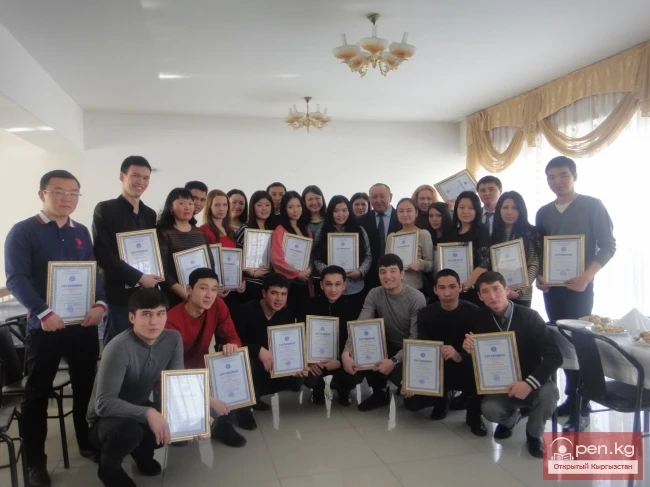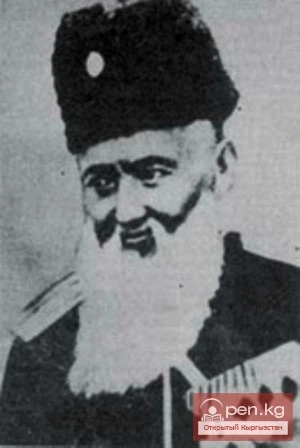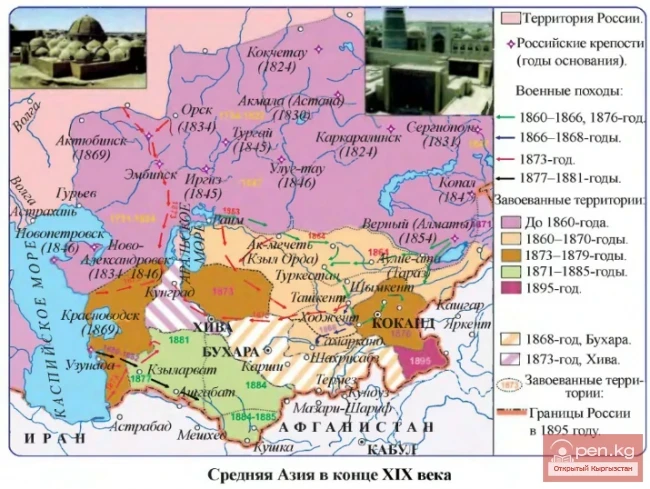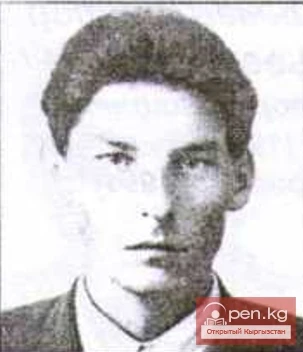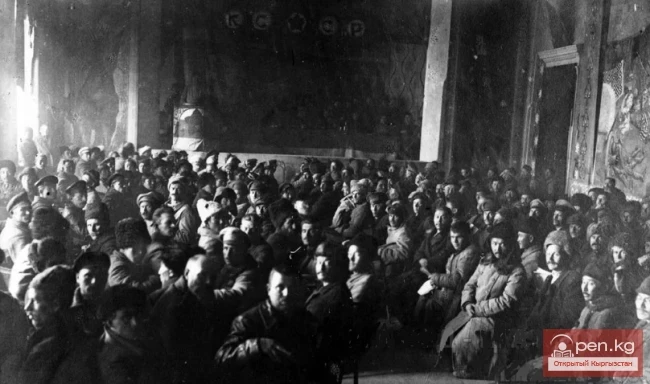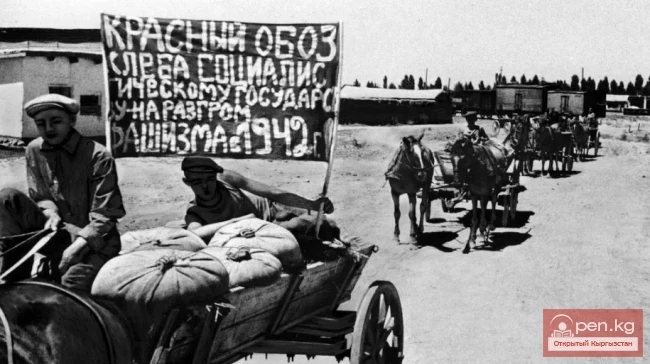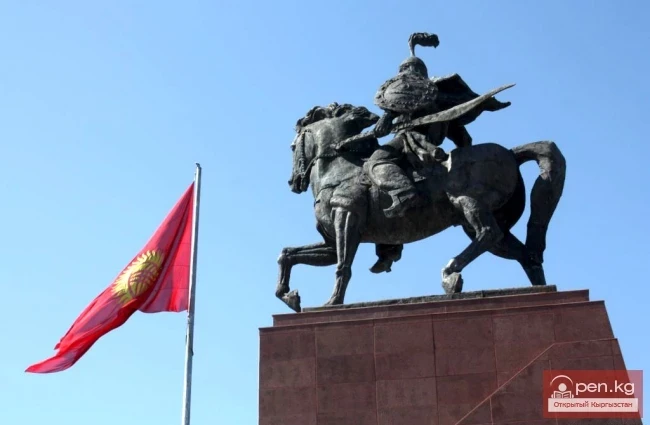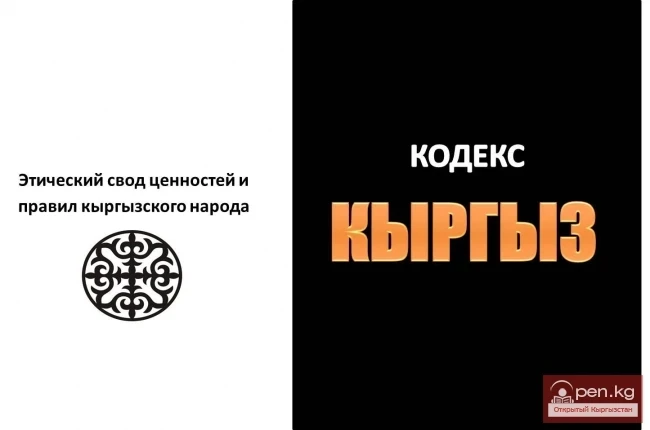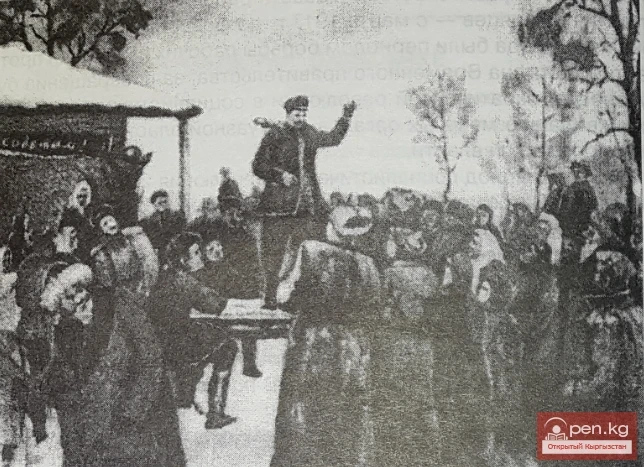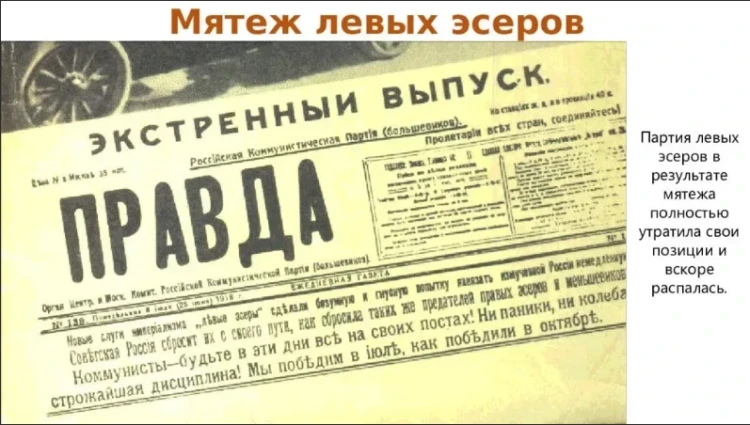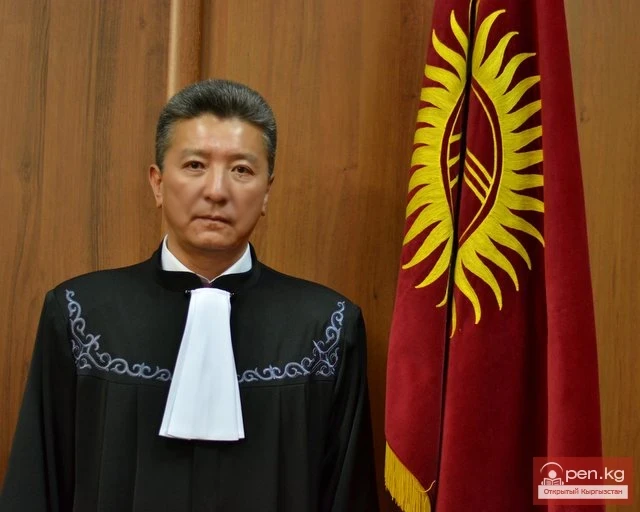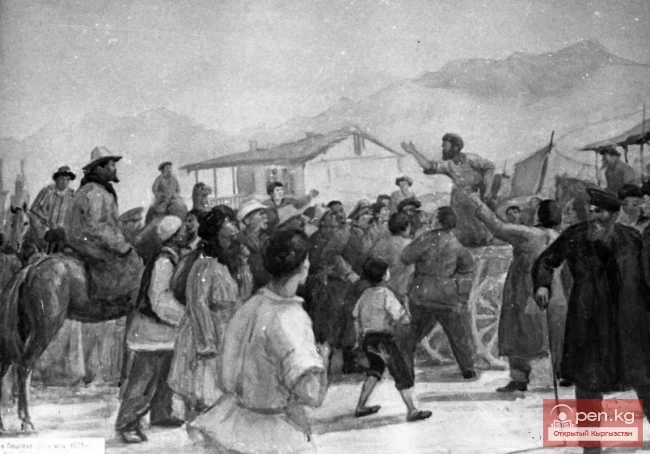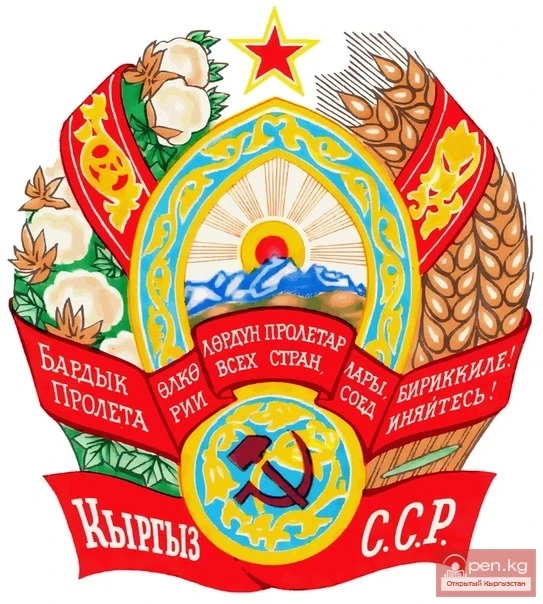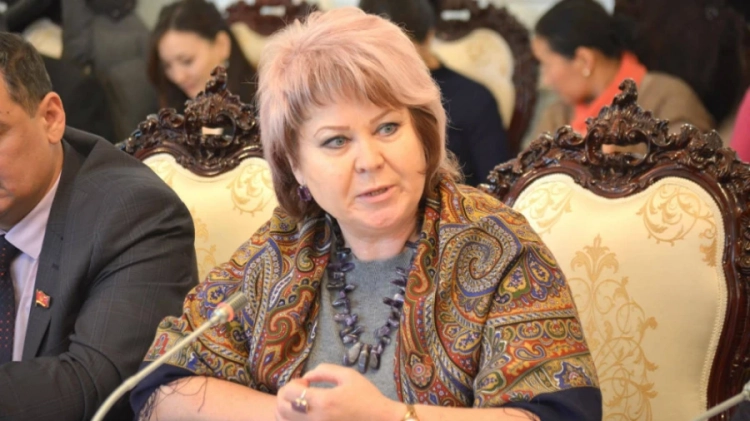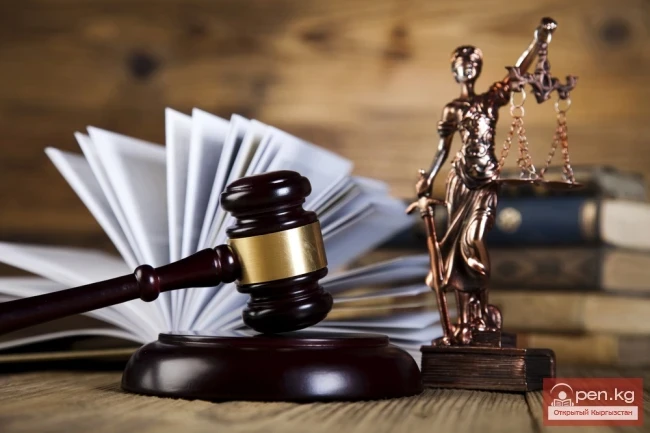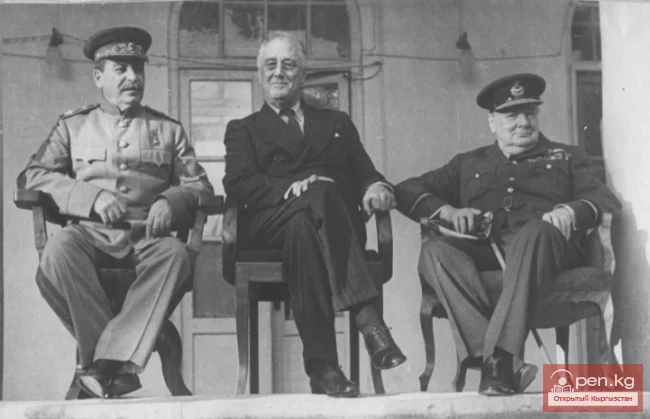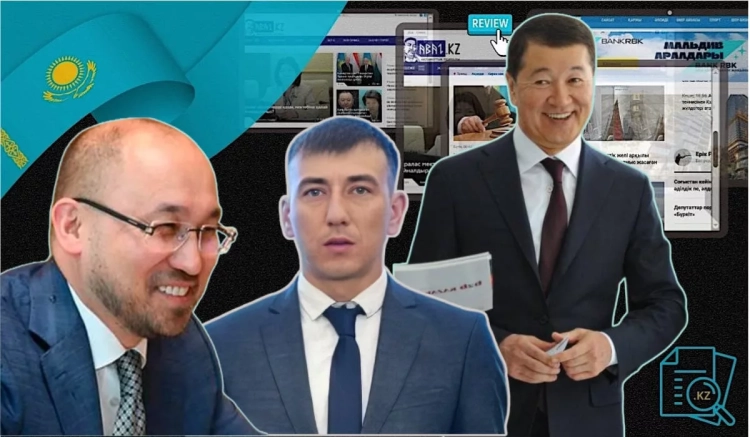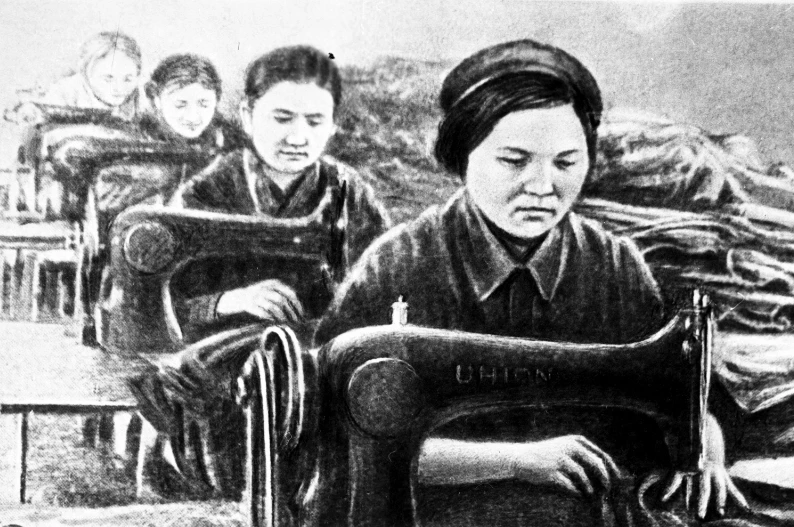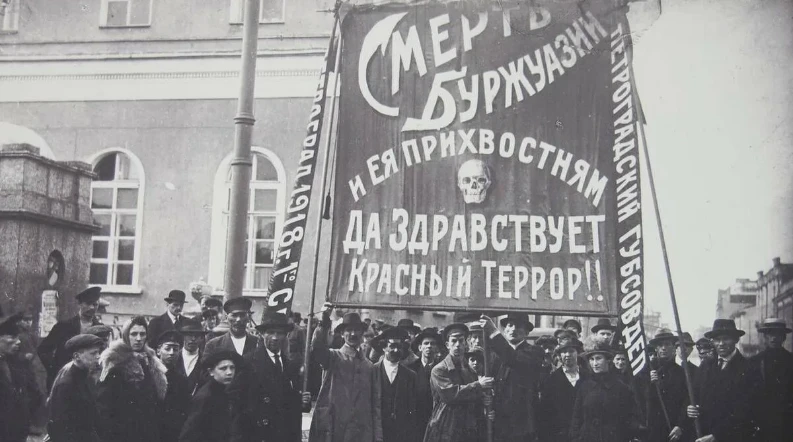
Upon coming to power, Lenin did everything to dismantle the old bourgeois legal system as a relic of capitalist production relations, resulting in unimaginable legal chaos in the country. The situation was exacerbated by the issuance of numerous decrees that were unfeasible under conditions of emergency and military communism.
Therefore, the Soviet government made a practical decision—to grant communist judges unlimited freedom of action, basing their decisions on "revolutionary consciousness" and "socialist legal awareness." After the end of the civil war, the freedom in judicial decision-making was organized. It would be self-deception, Lenin wrote on May 17, 1922, if the new Criminal Code promised the abolition of terror. "The article on terror must be formulated as broadly as possible, and only revolutionary legal awareness and revolutionary conscience can determine the conditions for its practical application." This rough draft of Lenin's article was incorporated into the Criminal Code of 1922 and has since been an integral part of criminal law in the USSR regarding political cases: "Propaganda and agitation or participation in organizations, or assistance to organizations acting (propaganda and agitation) in the direction of aiding that part of the international bourgeoisie... which seeks to violently overthrow (the communist system) by means of intervention, blockade, or financing the press and similar means... is punishable by the highest measure of punishment or imprisonment." Such vague formulations allowed for prosecution for any action undesirable to the official authorities, even if it did not constitute a crime. The time of random acquittals faded into oblivion, and the Bolsheviks became particularly meticulous regarding the staffing of punitive bodies. They tried to avoid outsiders in these organizations. Therefore, the main reason for the acquittal, we see primarily in the Bolshevik-Left Socialist Revolutionary composition of the revolutionary tribunal. Furthermore, sitting in the dock was the "newly minted" member of the Bolshevik party, A. Sydykov, which was significant for the defense. Finally, the fact that Hasanov was not supported in court by his fellow Bolsheviks—members of the revolutionary tribunal A. Ivanitsyn, M. Merkun, G. Bezborodov, and others—testifies to the tensions that existed within Bolshevik circles in Pishpek. These could have been interpersonal and interethnic relations, differing attitudes towards the Left Socialist Revolutionaries and the prospects for cooperation with them, etc. It is evident that not all Bolsheviks in the cities and districts supported the "idea" of a large-scale Left Socialist Revolutionary conspiracy. All of this seemed somewhat inhumane towards their allies, colleagues with whom they had fought and lived side by side for a long time. In the Pishpek Soviet, for example, at that time there were 15 Bolsheviks and 13 Left Socialist Revolutionaries. Could A. Sydykov, as Hasanov claimed, call for the overthrow of such a Soviet?
The loud anti-Left Socialist Revolutionary trial did not take place in Pishpek, and the coalition between the Left Socialist Revolutionaries and the Bolsheviks, despite the Belyovodsk uprising, formally lasted until mid-1919 in Turkestan.
During the Belyovodsk uprising, K. Hasanov was executed by the rebels. Along with him, communists Boobekov and Bapakova perished. As a result of fierce battles, the rebels were defeated. Some leaders of the uprising died in battle, such as the Socialist Revolutionary Agafontsev and the Dungan L. Matanyu, while others (Blagodenko) fled.
Six years later, in 1924, A. Sydykov would again be accused of preparing the Belyovodsk uprising and the execution of several party activists, including K. Hasanov. The authors of this statement were his political opponents R. Khudaikulov, K. Aitbaev, and D. Babakhanov. In the immediate aftermath, no one thought to accuse A. Sydykov of involvement in the uprising, as there was no evidence of this. However, this adventure, the slander became provable with a sharp change in the morals of Soviet justice, when all norms of ethics and morality, pluralism were thrown into oblivion. A. Sydykov appeared as too attractive a figure for Bolshevik justice.
The significance of the first trial against A. Sydykov lies in the fact that it became a precursor to the mass political trials that engulfed Kyrgyzstan in the tragic 1930s. The time when the ideology, "calling for the axe," became the only "correct" and omnipotent one was still ahead.
The Failure of the First Attempt to Deal with A. Sydykov
